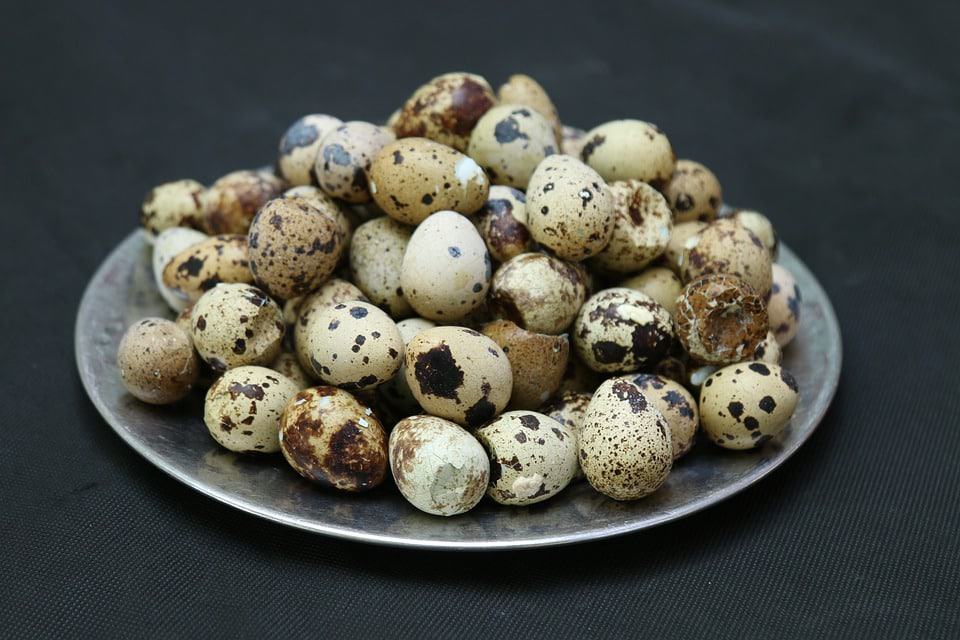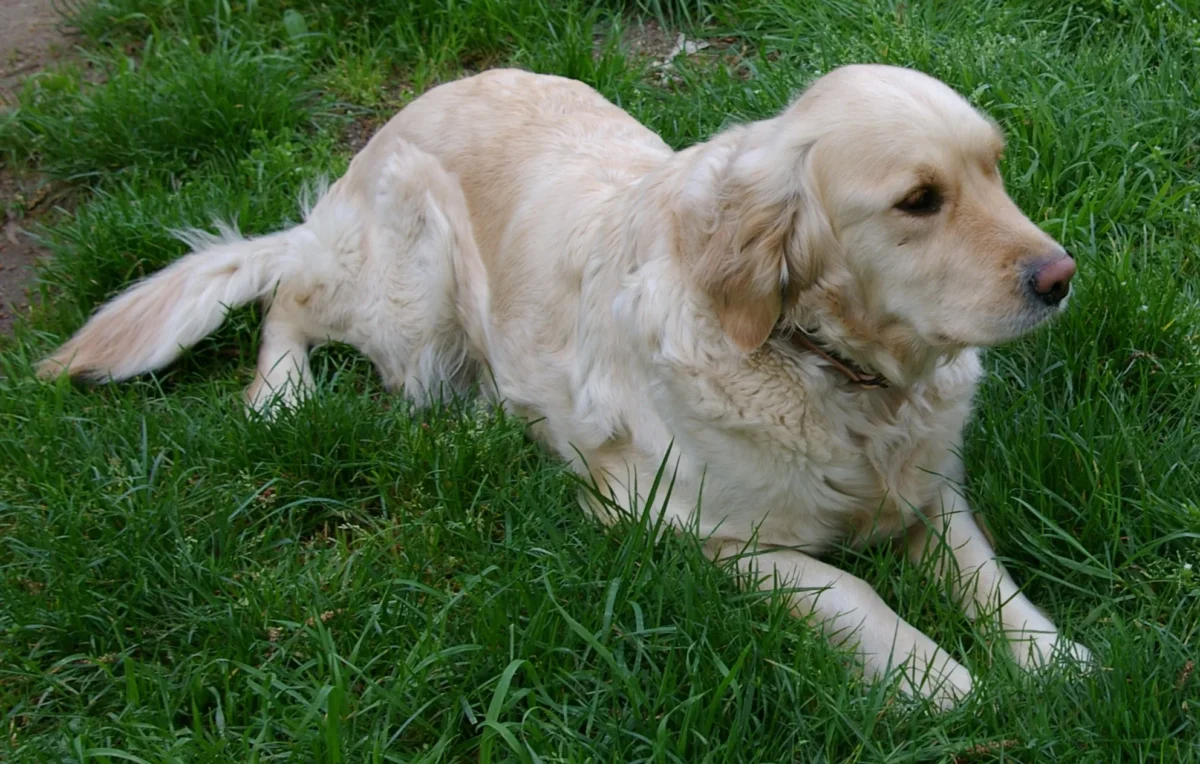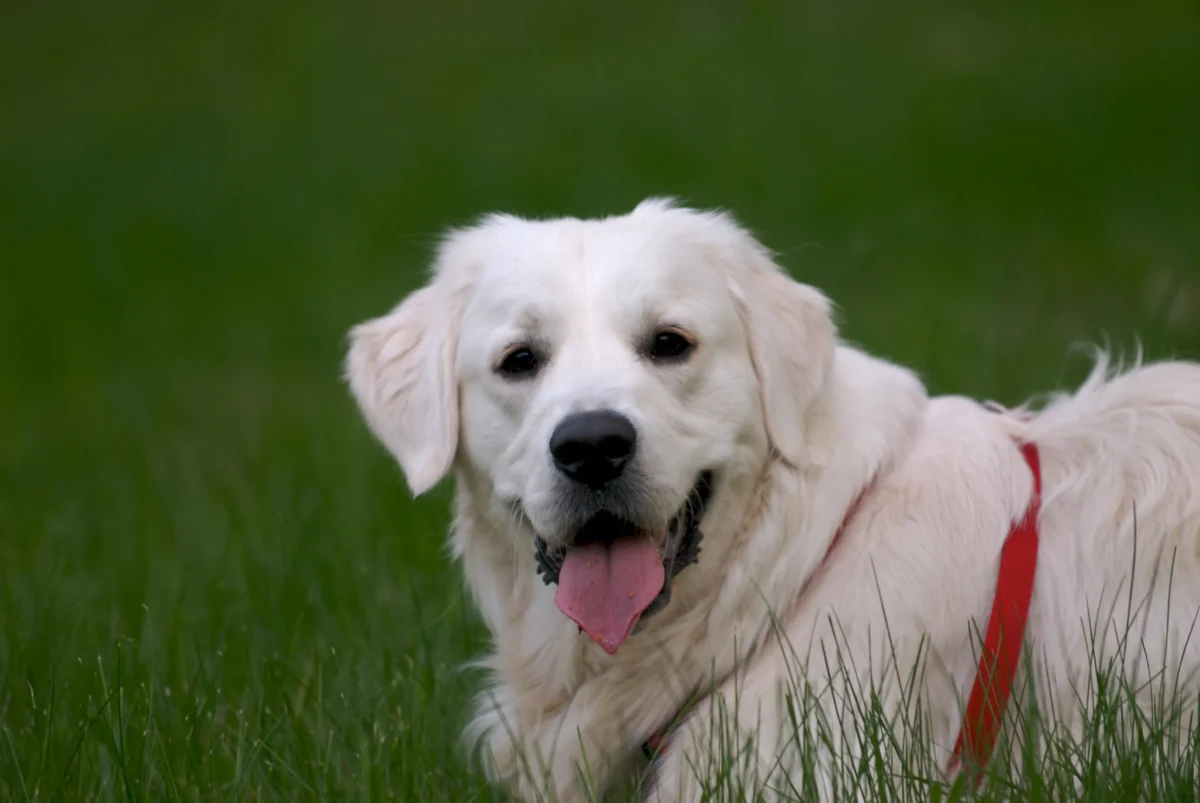Dog owners are always looking for a healthier snack option that is more nutritious than packaged treats. Store-bought dog treats have plenty of mystery ingredients, some of which can harm your dog.
One snack that has been creating quite the buzz among pet parents is quail eggs. You are probably wondering how you can feed your dog a whole egg with shell and all, right?
As with any food, it’s important to supervise your dog when eating anything new. While there’s no evidence that quail egg shells harm dogs, they can pose a choking hazard. If you’re unsure whether or not your dog can handle eating quail egg shells, it’s best to err on the side of caution and avoid giving them to your pet.
If you decide to give your dog quail egg shells, you should keep a few things in mind. First, ensure that the shells are clean and free of any bacteria; second, only give your dog a small amount to see how they react.
How Many Quail Eggshells Should You Give Dogs
The number of quail eggshells you can give your dog depends on size and weight. A general rule of thumb is to give them 1/4 teaspoon of the shell for every 10 pounds of body weight. So, if your dog weighs 20 pounds, you would give them 1/2 teaspoon of shell, which amounts to 1 eggshell.
Daily Serving Suggestion
- 5 to 20 lbs: 1 eggshell
- 20 to 40 lbs: 2 eggshells
- 40 to 60 lbs: 3 eggshells
- 80+ lbs: 4+ eggshells
Nutritional Analysis of Quail Eggshells (3 Eggs)
- Calories: 45
- Protein: 4 g
- Fat: 3 g
- Carbohydrate: 0 g
- Fiber: 0 g
- Sodium: 40 g
- Vitamin A: 53 mcg
- Vitamin D: 2 mcg
- Potassium: 37 mg
- Iron: 1 mg
Health Benefits of Quail Eggs for Dogs
Quail eggs are a good source of several vitamins and minerals, including phosphorus, potassium, and selenium. They’re also a good source of protein, which is important for all animals, including dogs.
Protein helps your dog’s muscles to grow and repair, and it’s also essential for a healthy coat and skin. Quail eggs also contain omega-3 fatty acids, which are important for brain development and eye health.
Vitamin B2 helps your dog metabolize carbohydrates and amino acids in their diet, which allows them to maintain healthy digestion. Vitamin B6 helps your dog regulate their immune responses and hormones.
Folate regulates red blood cell production. Potassium is good for the kidneys, bones, and heart. It also supports fluid regulation and muscle development. Phosphorous is essential for muscle health and motor functions. Selenium supports healthy growth and boosts antibodies, which increases resistance to diseases.
Side Effects of Quail Eggs
The most common side effect of dogs eating quail eggs is an upset stomach, which can cause diarrhea or vomiting. If your dog has a sensitive stomach, he might be more likely to experience these side effects.
Symptoms of a quail egg allergy include itching, swelling, and difficulty breathing. If you think your dog has an allergic reaction, it’s important to seek medical attention immediately.
Chicken Eggs vs. Quail Eggs
Which Are Better for Dogs?
There is no right or wrong answer to this question. It depends on your dog’s individual needs and preferences. Some dogs may prefer quail eggs, while others may prefer chicken eggs.

« golden retriever vs boxer
Goldendoodles: Everything You Need to Know »
A single chicken egg is equal to 5 quail eggs. If your dog has allergies, he might be able to tolerate a quail egg better than a chicken egg. If you’re unsure which type of egg your dog would prefer, it’s best to ask your veterinarian.
FAQ
Why Are Quail Eggshells Good for Dogs?
There are a few reasons why quail eggshells can be beneficial for dogs.
- They’re a good source of calcium. Calcium is essential for strong bones and teeth and can help with muscle contraction and nerve function.
- They are relatively high in protein, which is important for all animals, including dogs.
- They help clean your dog’s teeth. The crunchy texture removes plaque and tartar, keeping their smile healthy and bright.
Can All Dogs Eat Quail Eggshells?
Some dogs may have allergies or sensitivities that make them unable to eat certain foods. Depending on their regular diet, they might not like the taste or the crunchy texture.
Can Puppies Eat Quail Eggshells?
Puppies have delicate stomachs, so it’s important to introduce new foods slowly. If you want to give your pup quail eggshells, start by giving them a small amount. If they don’t have any adverse reactions, you can gradually increase the amount you give them.
Can Senior Dogs Eat Quail Eggshells?
As dogs age, their digestive systems can become less efficient. This can make it harder for them to digest certain foods, including quail eggshells. If you want to give your senior dog quail eggshells, measure the quantity carefully. You may need to adjust the amount based on their individual needs.
Do Quail Eggs Make Dogs Gain Weight?

No research has shown yet that quail eggs make dogs gain weight. However, they may even help your chubby and obese dog lose weight. This is because quail eggs are a good source of protein and essential nutrients without being high in calories. A few other benefits of quail eggs include:
- More alert
- Increased energy
- Healthy fur and skin
- Improves eye health
- Improves blood cell regeneration
- Boosts immune system
- Provides essential protein and fatty acids
Can Dogs Eat Cooked Quail Eggs?
Yes, dogs can eat cooked quail eggs. Cooked quail eggs may be easier for your dog to digest than raw quail eggs. Boiling quail eggs is a better choice than making scrambled quail eggs. The former method retains the nutrients, whereas the latter uses oil, which can upset your dog’s digestion process.
Can Dogs Eat Frozen Quail Eggs?
Yes, dogs can eat frozen quail eggs. Simply thaw the quail eggs before giving them to your dog. You can do this by letting them sit in the fridge overnight or thaw at room temperature for 30 minutes. You can also place them in warm water for 5 minutes.

Conclusion
Quail eggs can be a healthy and delicious treat for your dog. They offer plenty of health benefits and essential nutrients. Just introduce them slowly into your dog’s diet to avoid any stomach upset. If your dog has allergies, it’s best to speak with your veterinarian before introducing anything new into their diet.









